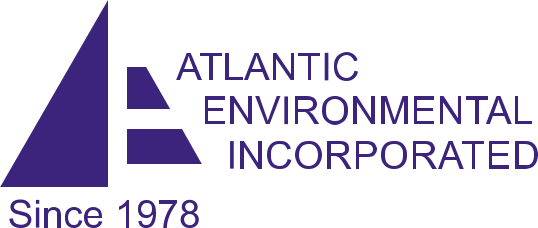Guidance for Cradle to Grave Waste Management Compliance
The Resource Conservation and Recovery Act (RCRA) states that hazardous waste must be controlled and properly disposed of from the moment it is generated until its final disposal. Is your waste management process compliant?
If you aren’t sure, the answer is most likely no.
Unfortunately, failure to meet the requirements for hazardous waste disposal can catch up to you. This might include hefty fines and penalties. And, as a generator of hazardous waste, you are legally responsible for its proper disposal, even once it has gone off-site.
Read on to learn about hazardous waste regulations, cradle to grave sustainability, and your responsibilities as a hazardous waste generator.
Cradle to Grave Sustainability
Simply put, ‘cradle to grave’ means that your waste is your problem from birth to death. This includes its production, use, disposal, and beyond. And, nothing can release a generator of hazardous waste from this responsibility.
There is no expiration date or time limit regarding your obligation. And hiring an outside company to transport and dispose of your waste does not make it their responsibility.
That’s why total compliance is essential. You are liable for all accidents and incidents during your waste’s lifecycle, including environmental response or cleanup costs.
You’re even expected to manage your waste’s disposal site, ensuring it is safely contained.
Strict Requirements for Hazardous Waste Disposal
So, why is waste management compliance so important?
Improper disposal of hazardous waste can lead to environmental disasters. These can include fires and accidental contamination of water and other resources. Because some waste is dangerous at every stage of its life cycle, cradle to grave waste management is the only safe option for disposal.
The environment isn’t the only reason for strict rules regarding waste disposal.
Solid waste generation is increasing rapidly with more people on the planet than ever before. But unfortunately, we also face a shrinking capacity for disposal, rising fees, and growing public opposition to many disposal sites and facilities.
Understanding the Waste Management Process
Hazardous waste includes anything you dispose of that might be dangerous or harm human health or the environment. This includes everything from solvents to pesticides, motor oil, medical waste, and more.
Under a proper waste management process, these substances are tracked from creation through appropriate disposal. And how and where they are deposited at the end of their life is carefully documented.
Proper disposal will follow both state and federal regulations. This includes treating or isolating dangerous materials and keeping them from contaminating the environment. It also means monitoring their disposal site to ensure constant containment.
Waste Compliance Monitoring Made Easy
Now that you know a bit more about the requirements for hazardous waste disposal, it’s easy to see why you should only hire industry experts.
Contact Atlantic Environmental or call 973-366-4660 with questions or concerns about your specific waste disposal needs. We are happy to audit and oversee your waste management process. We also offer site inspections and management and can help you with cradle to grave sustainability.
Our services areas are NJ (New Jersey), PA (Pennsylvania), NY (New York), DE (Delaware), GA (Georgia), VA (Virginia, including Arlington and Alexandria), and MD (Maryland, including Baltimore and the Washington DC area).



